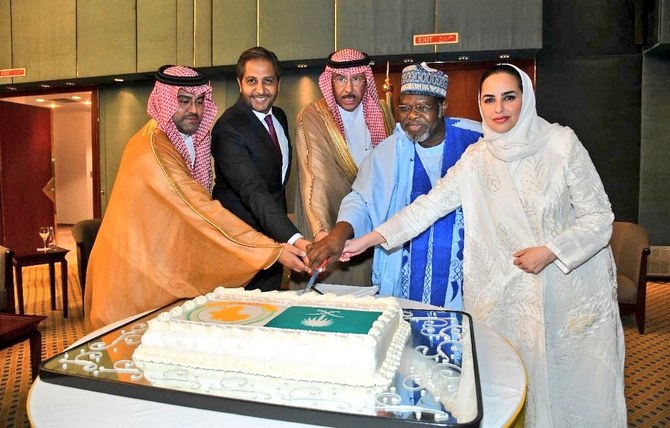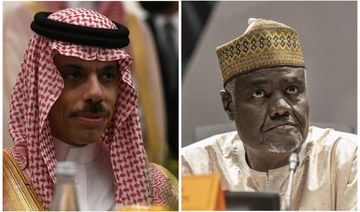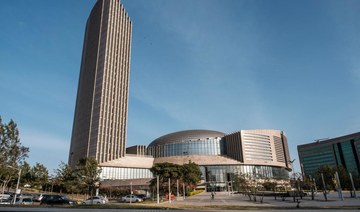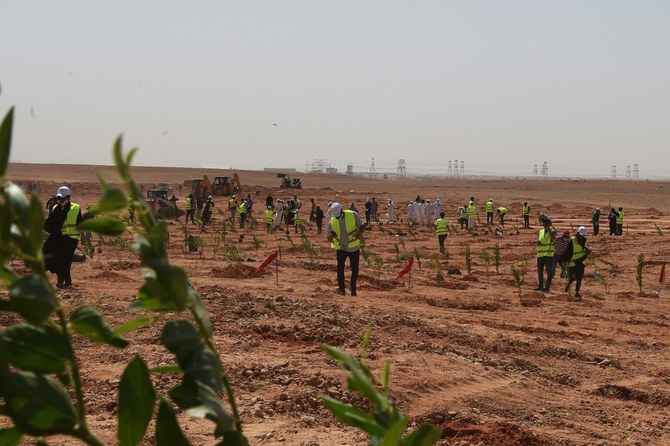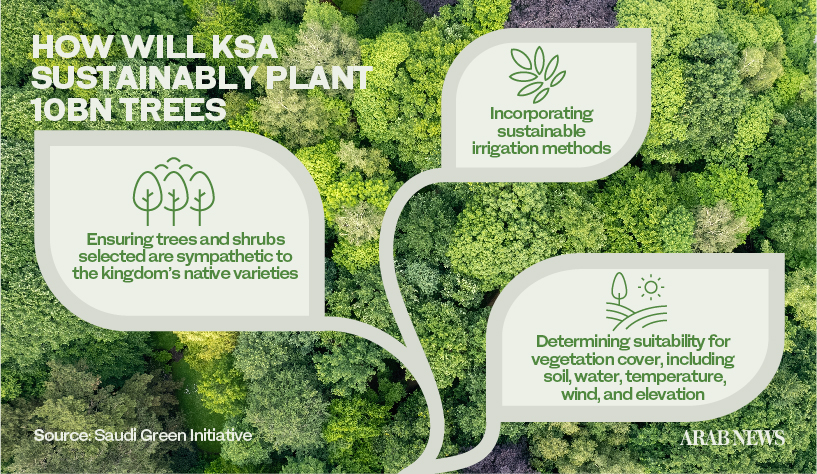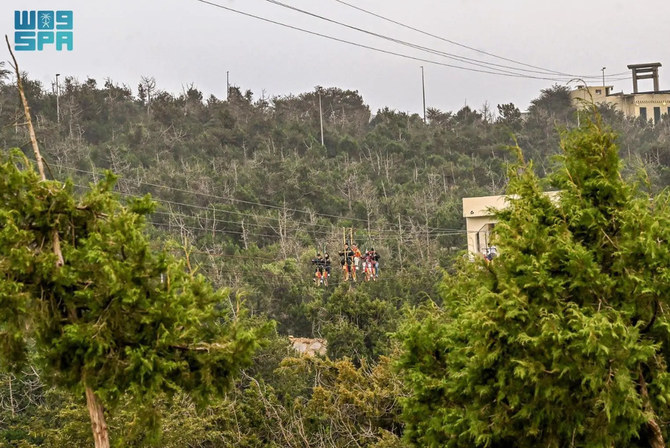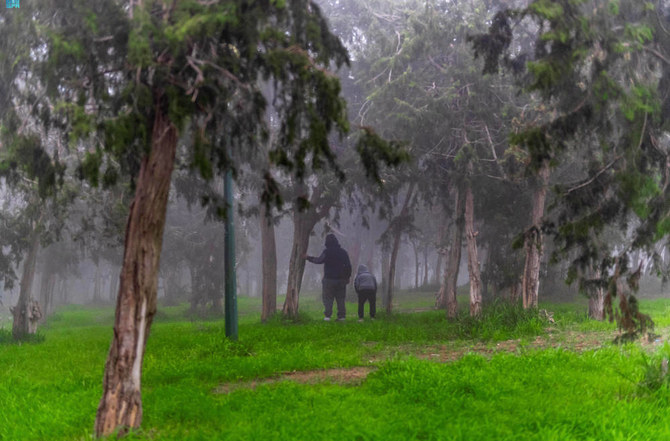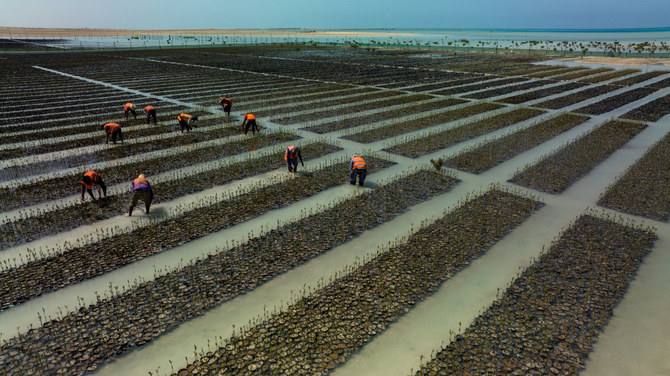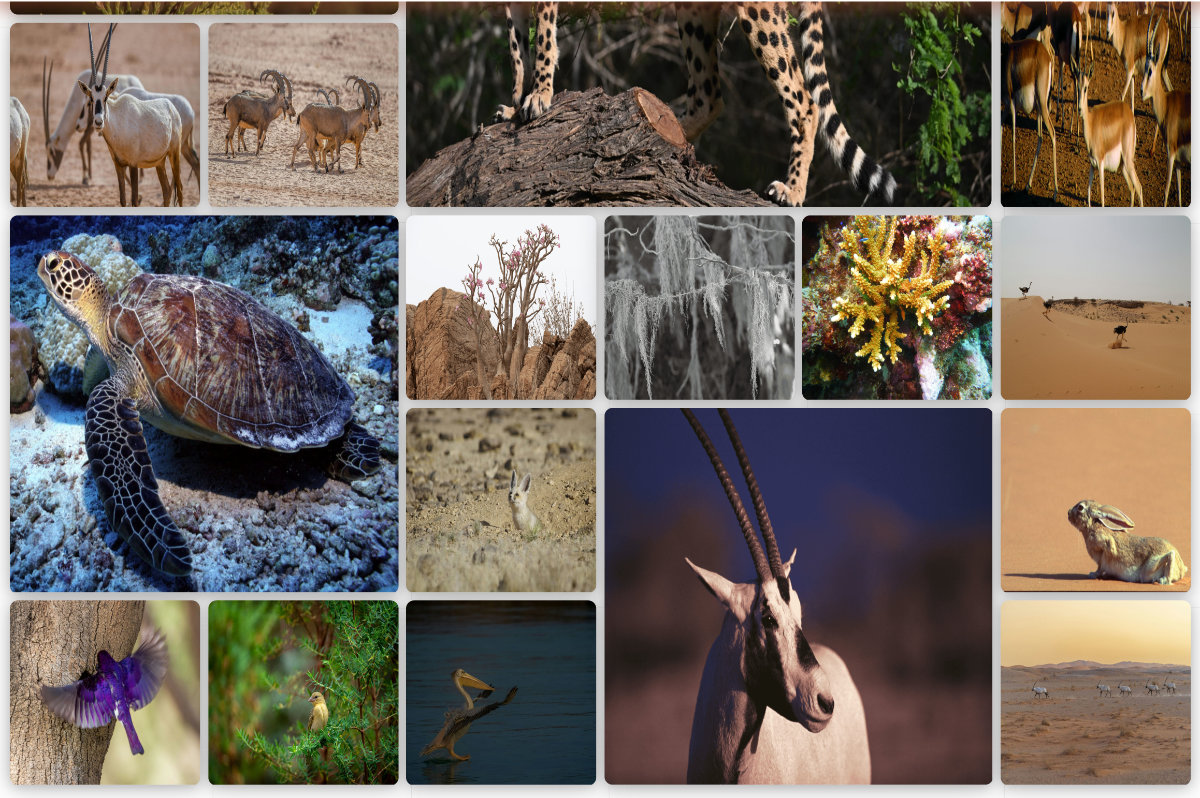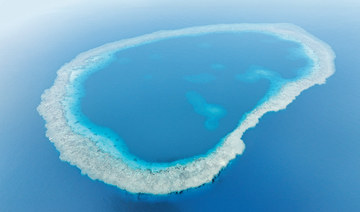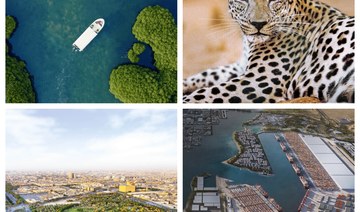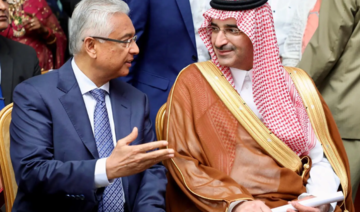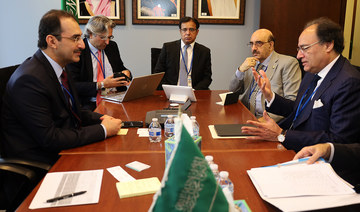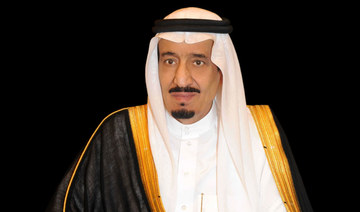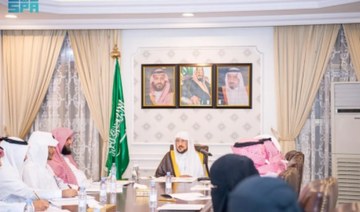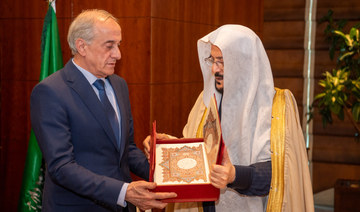RIYADH: The 60th anniversary of Africa Day was celebrated with much fanfare by the continent’s embassies in Riyadh on Thursday.
Africa Day is the annual commemoration of the formation of the Organization of African Unity, or OAU, on May 25, 1963. The OAU’s successor is the African Union.
A reception was held at the Cultural Palace in the Diplomatic Quarter on Wednesday, which included a cultural exhibition, cuisine and music, organized by the Africa Ambassadors Group.
It was on this date in 1963 that the heads of independent African states met in Addis Ababa, Ethiopia, along with leaders from the continent’s liberation movements to craft a way forward from imperialism, colonialism and apartheid.
The outcome of the meeting was the creation of Africa’s first post-independence continental institution, the OAU, which was formed as a manifestation of the pan-African vision for a free region. This was solemnized in the OAU Charter adopted on May 25, 1963.
The reception at the Cultural Palace was attended by Dr. Sami Al-Saleh, assistant minister of state for African affairs on behalf of Foreign Minister Prince Faisal bin Farhan, senior Saudi officials, heads of foreign missions and diplomats.
Speaking on the occasion, Dean of the Diplomatic Corps and Ambassador of Djibouti to Saudi Arabia Dya-Eddine Said Bamakhrama, said: “Saudi-African relations have had a long history due to the geographic proximity of the Arabian Peninsula and the African continent.”
“These relations have developed with around 40 African embassies represented in Riyadh out of the total 55 member states of the African Union. Saudi Arabia also has 35 embassies in the capitals of African countries, indicating depth of ties, communication, importance of these relations and common interests,” he added.
Since assuming power, King Salman and Crown Prince Mohammed bin Salman have received more than 40 African heads of state in various visits to the Kingdom, in addition to numerous visits by the Saudi foreign minister to African countries.
“This is a testament to the important diplomatic movement and momentum between Saudi Arabia and African countries,” said Bamakhrama.
One of the important models and elements of Saudi-African cooperation is the Saudi Development Fund, which has large development projects in African countries, he said, adding that the Islamic Development Bank has similar projects.
“We cannot overlook the role of the King Salman Humanitarian Aid and Relief Center (KSrelief) and its efforts in Africa. The center has been providing aid and assistance to African countries in times of crisis and natural disasters, and has implemented various humanitarian projects in different parts of the continent,” said the envoy.
“We look forward with great hope and optimism to the upcoming Saudi-African Summit at the end of this year in Riyadh, as the ambitions of African-Saudi cooperation is significant,” he added.
Cameroon’s Ambassador to Saudi Arabia Iya Tidjani, who is also dean of the African Group of Ambassadors, said: “This year we celebrate the Africa Day under the theme ‘Our Africa, Our Future’ with the view to shaping the narrative about Africa, by telling our story of the journey of the continent since May 25, 1963, when leaders from 30 African states signed a founding charter of the OAU, which underwent transformation with the African Economic Community created in 1991, and finally the African Union established in 2002.”
The African Continental Free Trade Area, or AfCFTA, was established in 2018 to facilitate free movement of goods, services and people across the continent, knocking down trade barriers and promoting cross border trade, he added.
Africa and Saudi Arabia’s trade relationship has grown fast reaching $87 billion in 2019, he said.
“To draw on the full potential of the continent’s rising economies, we appeal to the Saudi business community and MNCs (multinational companies) based in the Kingdom and the Gulf region to establish strong ties with African counterparts,” said Tidjani.
“We also want to register our appreciation to the Saudi authorities for undertaking a seamless evacuation operation and timely humanitarian assistance to foreigners, expatriates and Sudanese nationals escaping violent war, through Port Sudan to the naval port and airbase in Jeddah,” he added.
“We, as African Group of Ambassadors, applaud the tireless efforts of the Saudi government in collaboration with other partners in search for a sustainable ceasefire and a lasting peaceful resolution to the conflict in Sudan,” he said.








